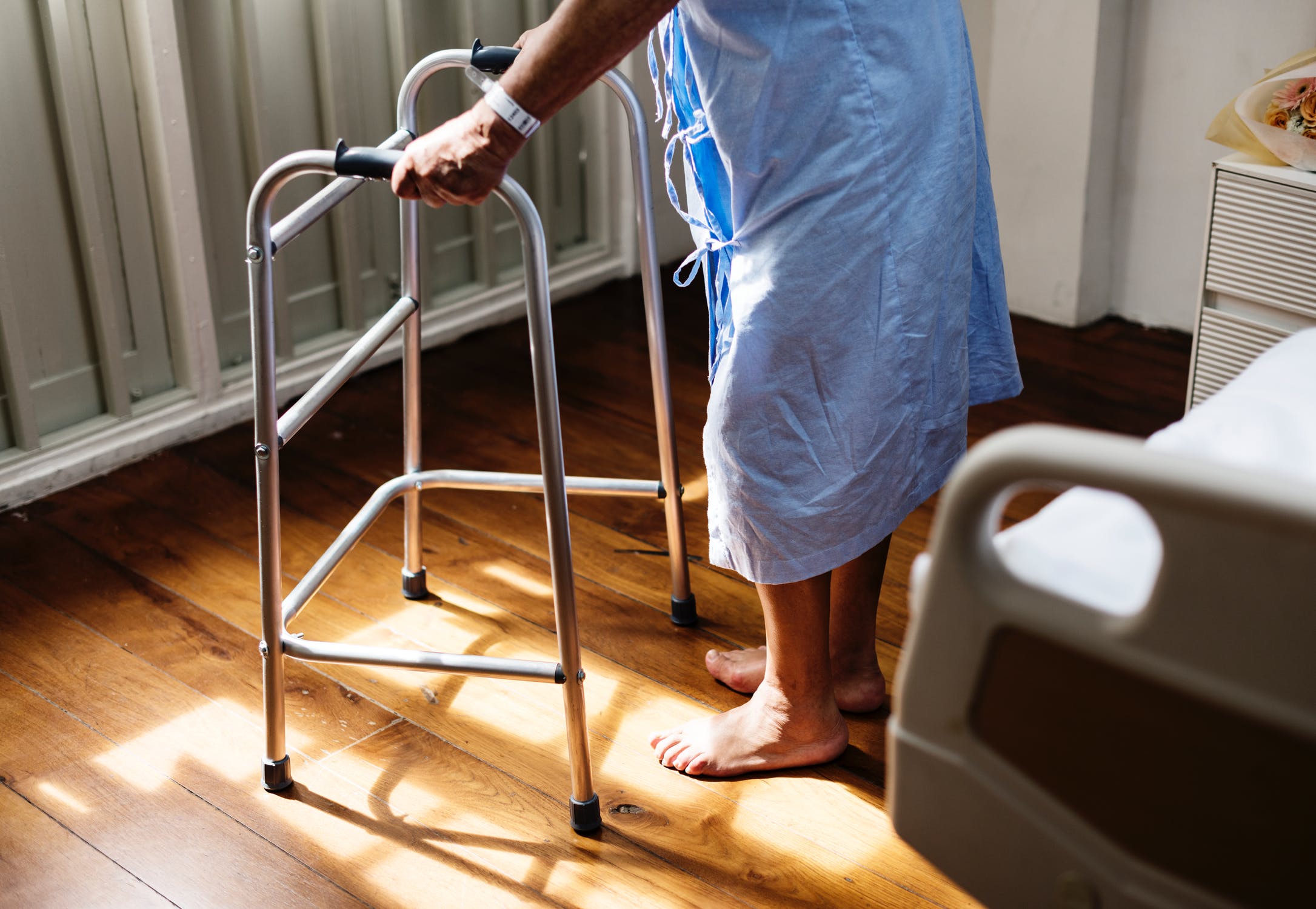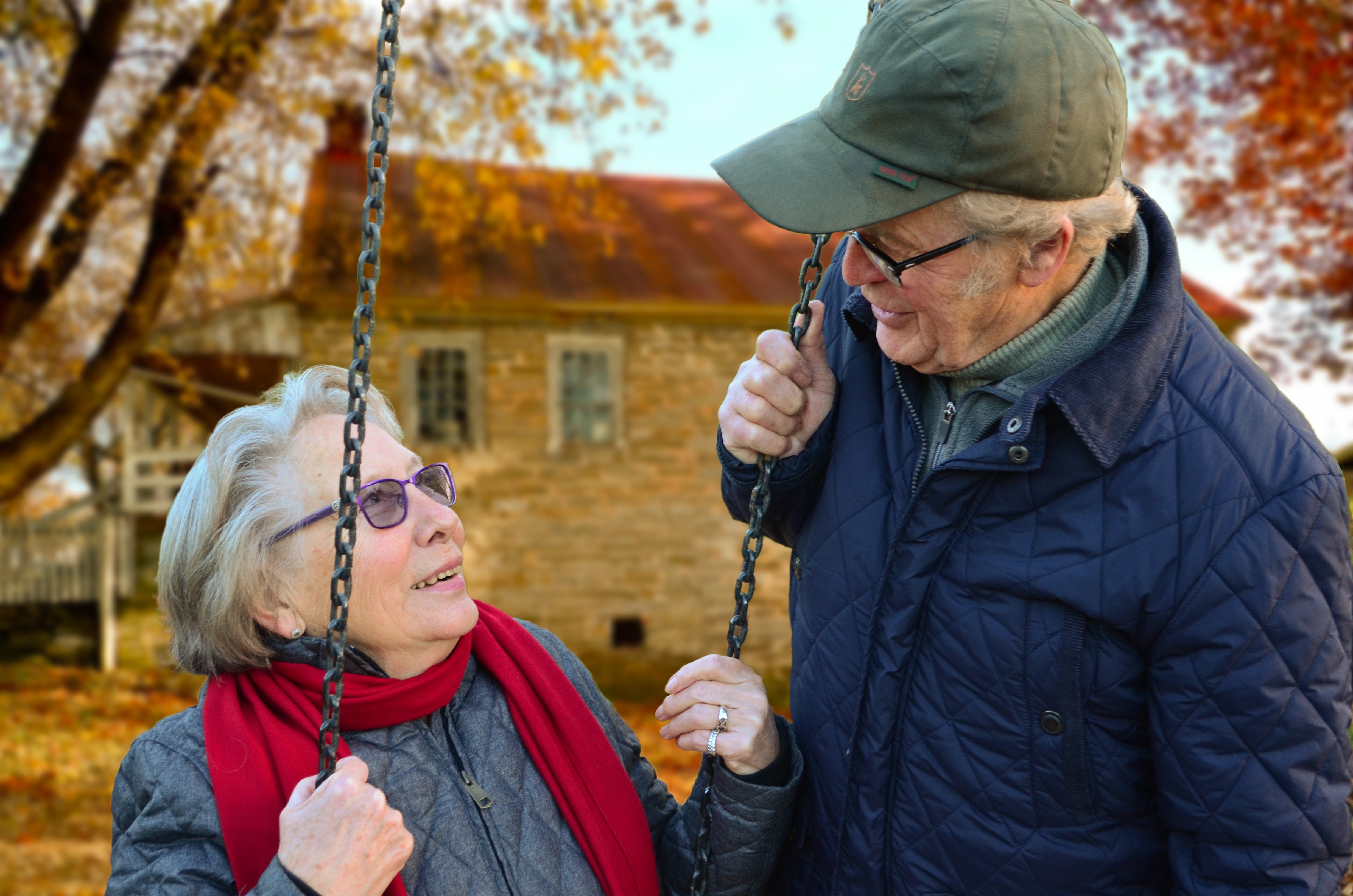If you want to save your brain, focus on keeping the rest of your body well with exercise and healthy habits rather than popping vitamin pills, new guidelines for preventing dementia advise.
About 50 million people currently have dementia, and Alzheimer’s disease is the most common type. Each year brings 10 million new cases, says the report released Tuesday by the World Health Organization.
Although age is the top risk factor, “dementia is not a natural or inevitable consequence of aging,” it says.
Many health conditions and behaviors affect the odds of developing it, and research suggests that a third of cases are preventable, said Maria Carrillo, chief science officer of the Alzheimer’s Association, which has published similar advice.
Since dementia is currently incurable and so many experimental therapies have failed, focusing on prevention may “give us more benefit in the shorter term,” Carrillo said.
Much of the WHO’s advice is common sense, and echoes what the U.S. National Institute on Aging says.
That includes getting enough exercise; treating other health conditions such as diabetes, high blood pressure and high cholesterol; having an active social life, and avoiding or curbing harmful habits such as smoking, overeating and drinking too much alcohol. Evidence is weak that some of these help preserve thinking skills, but they’re known to aid general health, the WHO says.
Eating well, and possibly following a Mediterranean-style diet, may help prevent dementia, the guidelines say. But they take a firm stance against vitamin B or E pills, fish oil or multi-complex supplements that are promoted for brain health because there’s strong research showing they don’t work.
“There is currently no evidence to show that taking these supplements actually reduces the risk of cognitive decline and dementia, and in fact, we know that in high doses these can be harmful,” said the WHO’s Dr. Neerja Chowdhary.
“People should be looking for these nutrients through food … not through supplements,” Carrillo agreed.
The WHO also did not endorse games and other activities aimed at boosting thinking skills. These can be considered for people with normal capacities or mild impairment, but there’s low to very low evidence of benefit.
There’s not enough evidence to recommend antidepressants to reduce dementia risk although they may be used to treat depression, the report says. Hearing aids also may not reduce dementia risk, but older people should be screened for hearing loss and treated accordingly.
Related Stories
‹

UNC, Duke Establish Joint Alzheimer's Research Center with NIH GrantUNC and Duke are teaming up to establish a joint Alzheimer’s Disease Research Center. One of 33, the UNC-Duke center plans to focus on how factors relating to the development of Alzheimer’s arise later contributing to racial, ethnic, and geographic disparities in developing dementia.

Right as Rain: Sticking to the PlanThis week I’m in San Francisco for two days and Lexington, Kentucky for another. Nothing quite squelches the plan like travel. “The plan” could be anything that you try to keep in a consistent routine: eating, not spending frivolously, or writing your weekly Chapelboro column. That’s why I’m writing it late Tuesday night while I […]

Companies Navigate Dementia Conversations with Older WorkersFaced with an aging American workforce, companies are increasingly navigating delicate conversations with employees grappling with cognitive declines, experts say. Workers experiencing early stages of dementia may struggle with tasks they had completed without difficulty. Historically punctual employees may forget about scheduled meetings. And those who have traveled to the same office day after day, […]

The Caring Corner, presented by ACORN: Does the President have Dementia?According to one of his sons, Ronald Reagan’s fight against Alzheimer’s started while he was President. The fortieth president was officially diagnosed with the disease in 1994, half a decade after he left office. But his son Ron has shared that he had become increasingly concerned with his dad’s cognitive abilities as early as his […]

The Caring Corner, presented by ACORN: The Link Between Head Trauma, Football and DementiaIf you’re aware of the goings-on at Chapel Hill High School, you may have heard that the school this year is not fielding a varsity football team. Sadly (or un-sadly), there are not enough upperclassmen who want to (or are allowed to) go out. The school will still have a JV team. Our own son is at Chapel Hill […]

The Caring Corner, presented by ACORN: Challenging End-of-Life DecisionsIt’s a challenging time when someone we love is nearing the end of life. It’s hard enough to say anything, let alone have meaningful conversations about medical treatments. Patients often experience pain and those around them—family members — struggle to digest what is going on, understand the options and reach some level of agreement. Sadly, poor […]

The Caring Corner, presented by ACORN: Caring Options for Parents with DementiaMom Has Dementia… Should I Put Her Into Long Term Care? When you reach this stage with a loved one, there are two basic options. Care for your mom at home. This probably includes getting part-time care with a nursing assistant and/or having her go to an adult daycare center for certain portions of the […]

The Caring Corner, presented by ACORN: An Old Drug for a New DiseaseA drug that cures dementia? It’s the headline we are waiting for. It may be premature to celebrate, but researchers had a major breakthrough by achieving an important result in mice. They showed that tau pathologies, the second most important lesion in the brain of people with Alzheimer’s, can be reversed by a drug used […]

Right as Rain: Staying in Shape Without a GymAs odd as it may sound, I feel most comfortable on planes, at airports, or in hotels. I travel a lot for work and those places become spaces where I can focus, reflect and even relax. But because I often find myself on the road, it’s hard to stick to a routine when it comes […]
![]()
The Caring Corner, presented by Acorn: End of Life ConcernsThinking About the “Final Chapter”? These Books May Help “Don’t send me flowers when I’m dead. If you like me, send them while I’m alive.” – Brian Clough With the immense popularity of Atul Gawande’s 2014 book Being Mortal, there’s been a surge of interest in learning about end-of-life concerns – and making informed decisions […]
›











